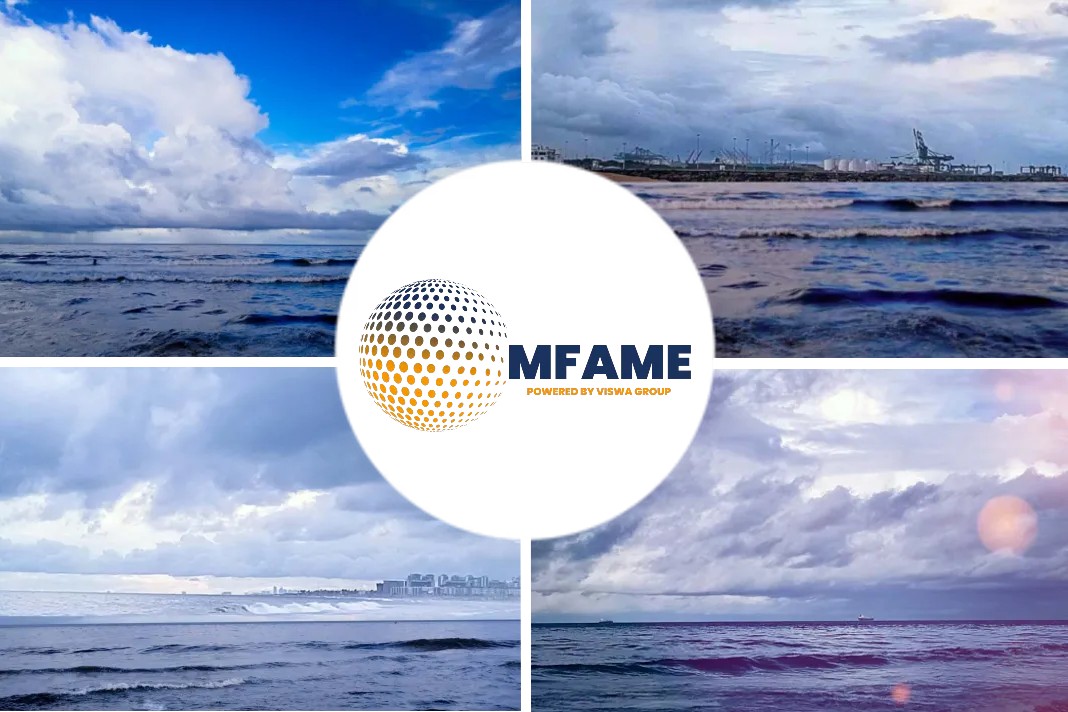The IMO EGCS Guidelines [10] allow the SO2/CO2 ratio to be monitored to ensure that emissions after the exhaust gas cleaning unit correspond to the percentage sulphur in fuel limits that are in force:
Seawater Scrubber systems
We have seen that some exhaust gas cleaning systems use the natural buffering capacity of seawater to neutralise the acids produced from scrubbing SO2 and that this moves the carbonate system equilibrium towards CO2 release. However a typical air:fuel ratio for a marine diesel engine is typically between 50 to 35 depending on load i.e. the mass of combustion air is 50 to 35 times greater than the mass of fuel to be combusted and CO2, formed from the fuel and air will typically make-up 6% of the exhaust [3]. It can be shown by calculation [12] and has been demonstrated by in-field testing that the CO2 produced by neutralizing the acidity produced by 1 tonne of residual fuel* is minimal, particularly when compared with the CO2 produced in combusting that tonne of fuel. Emissions monitoring is therefore unaffected as the IMO EGCS Guidelines [10] demonstrate how even large variations in CO2 do not impact the validity of emissions monitoring results.
*For example with the average global sulphur content of ~2.7%
If you have any picture based or text-based challenge that you want to share, email us at experts@mfame.guru.
Did you subscribe for our daily newsletter?
It’s Free! Click here to Subscribe!
Source: EGCSA























